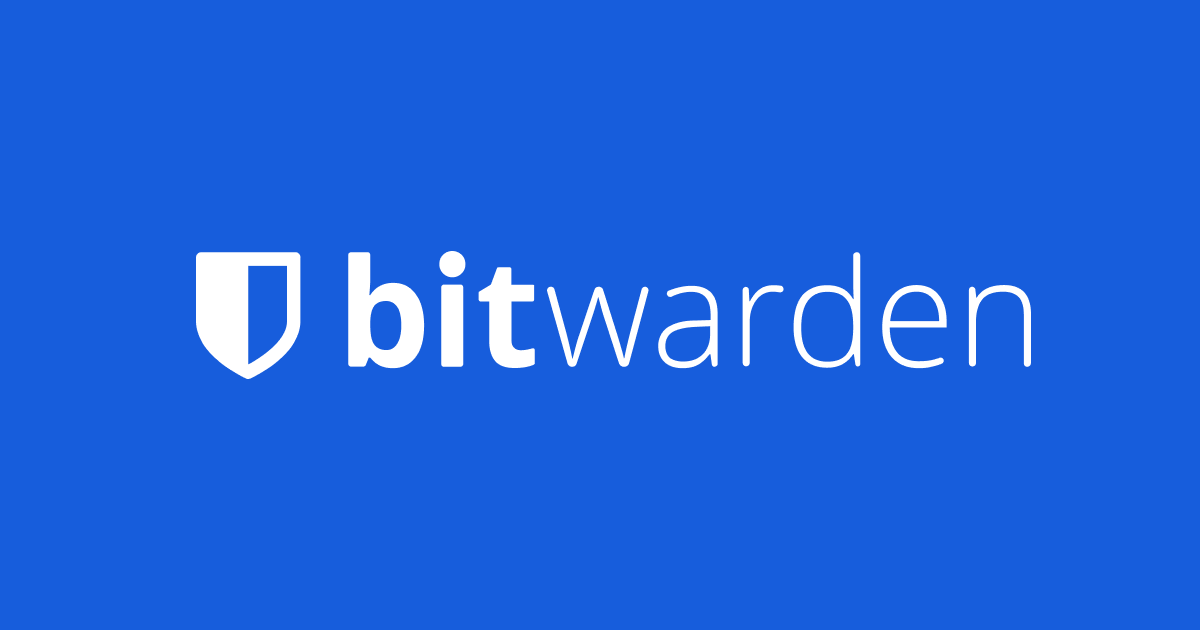I still can't understand why dropping the local-sync option is that valuable to them. I can deal with the pricing separately—but it's the one-two punch here that seems to be most troublesome.
My only guess is that its easier to develope and maintain one method either online vault or local, the other thing is to make 1Password a continued "service" , so its not an app its a service and service is not a pay once deal.
There are more chances than not that there is a NDA or non-compete clause in effect, which would kill any shot at going off on their own for a rival product, at least in the next 6-18 months.
Someone similar tried to do the same at Intel about 2 years ago. The guy announced that he was leaving, and in the next 2 weeks he plugged in a USB stick on his laptop, got to his network share, and took his code (that he developed at Intel), and then left to go work at the same position at Micron, which is 1.5 miles down the street from Intel here. Intel caught wind of it (forensics) and sued him for not only the NDA and non-compete violations, but IP theft, because even though he wrote the code, the code that he wrote became the IP of Intel.
The lawsuit is still ongoing, and the developer was fired from Micron before even stepping foot in their building.
In this case, the developers of 1Password would be in the same position and definitely wouldn't want to risk that.
BL.
what if it was free and open source?



